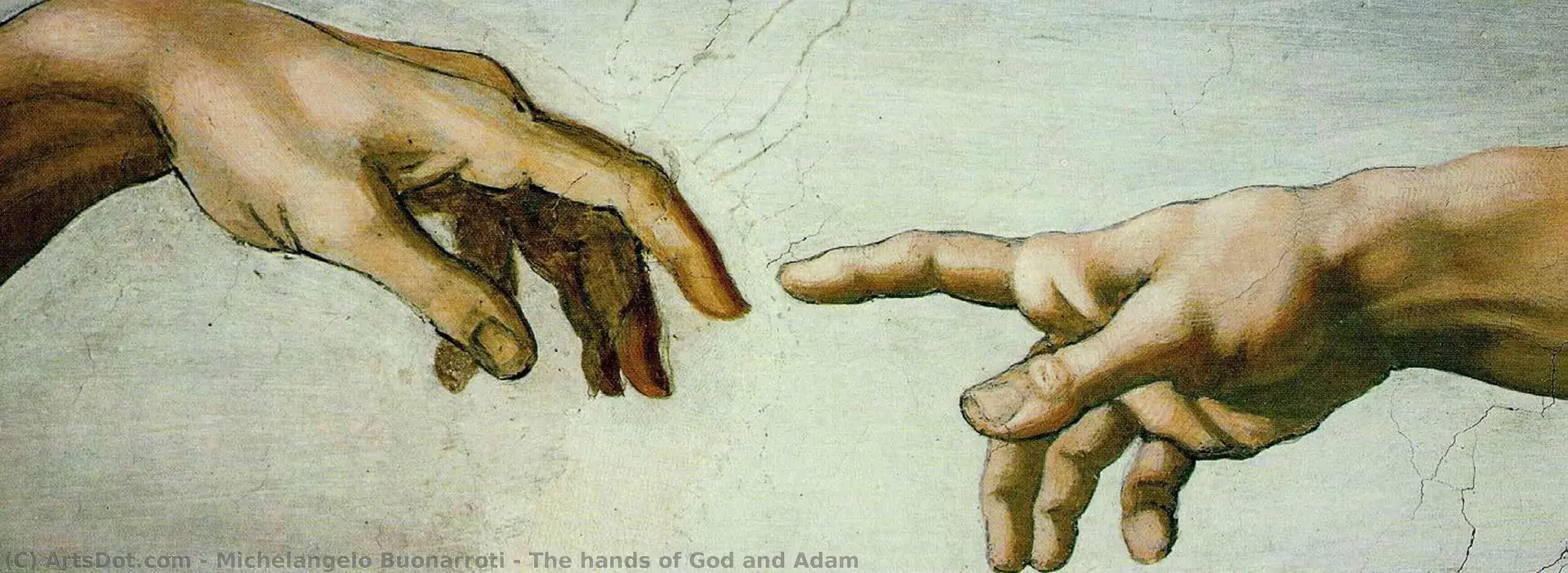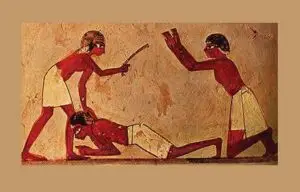The Meaning of Life

The book of Genesis (Bereshit in Hebrew) purports to answer several vital questions regarding Judaism’s understanding of human life and how it should be conducted. One could say that the first words of Bereshit are there to answer the question of what it means to be a human being.
This is because the initial words of the book, which inaugurates the Torah (the first of the three divisions that constitute the TaNaKh, i.e., the Hebrew Scriptures), address questions about the creation of the world, human life, and God.
While it is clear that the Torah teaches God’s existence as the Creator of the universe and human beings, its objective is not to examine God’s nature.
Bereshit, or any other book in the TaNaKh, does not speculate about God’s activities before the world’s creation or, quite generally, with anything that does not affect human beings. The Tanakh’s concern with God is only in God’s relationship with human beings. Thus, one wishing to understand the Biblical concept of God can only do so by exploring what it means when it describes humanity as “His image and likeness.”
And God said, Let us make the human being in our image, after our likeness
(Gen. 1:26).
Almost in the same breath, as it pronounces these words, the Torah clarifies what it means to be the “image and likeness of God”; it means having to fulfill a task:
…fill the earth, and master it; and rule the fish of the sea, the birds of the sky, and all the creatures that move on the ground (Gen. 1:28).
As the account progresses, even more mundane claims for humanity’s purpose are made.
The Lord God took the human being and put him in the Garden of Eden to work it and take care of it (Gen. 2:15).
What the TaNaKh is saying is that human beings cannot just exist. Human beings must live for something beyond each individual’s allowed short life span. And that something is being responsible for the upkeeping, the continuity, and the development of creation.
If it is difficult to accept the idea that there is a purpose, plan, and task for our existence. The question then becomes whether it is more acceptable to believe that the only reason for our existence is to work, reproduce, construct houses, and struggle with nature in order to live another year, month, or day.
One of the biggest human dreads, as shown by human behavior, is the idea of living a vain life and vanishing like a shadow. No matter how expressed, a human being’s whole life is a struggle to avoid despair, to understand who we are, how our mind works, and what we can and cannot change. And, maybe more poignantly, how we can make our lives a value to ourselves and others.
Whether or not one believes that the Creator of the universe wrote a collection of books, the TaNaKh is still Israel’s greatest creation. It is the foundation that frames all Jewish understandings of how life works and how every human being should look at their existence.
Lorem ipsum dolor sit amet, consectetur adipiscing elit. Ut elit tellus, luctus nec ullamcorper mattis, pulvinar dapibus leo.
Share:
More Posts
What Are Values — and Why They Matter Now More Than Ever
We speak often about values. Political leaders invoke them. Institutions advertise them. Corporations display them on websites. Universities promise to teach them. Yet rarely do

The Hardening of the Heart
The hardening of Pharaoh’s heart in Shemot ( Book of Exodus) is often misunderstood as a theological problem. If God hardens Pharaoh’s heart, how can Pharaoh be

Israel on the Threshold of Jewish Moral History
In Judaism, justice is not a concept; it is a legal demand. Compassion is not a sentiment; it is a regulated practice. Guilt is not
Memory is Not Victimhood
Jewish cemeteries are often called Beit HaChayim—the House of the Living. That phrase is a rebuke. Judaism refuses to define identity through death, suffering, or